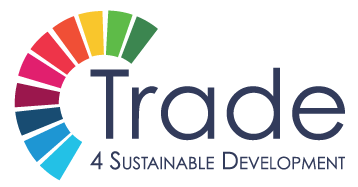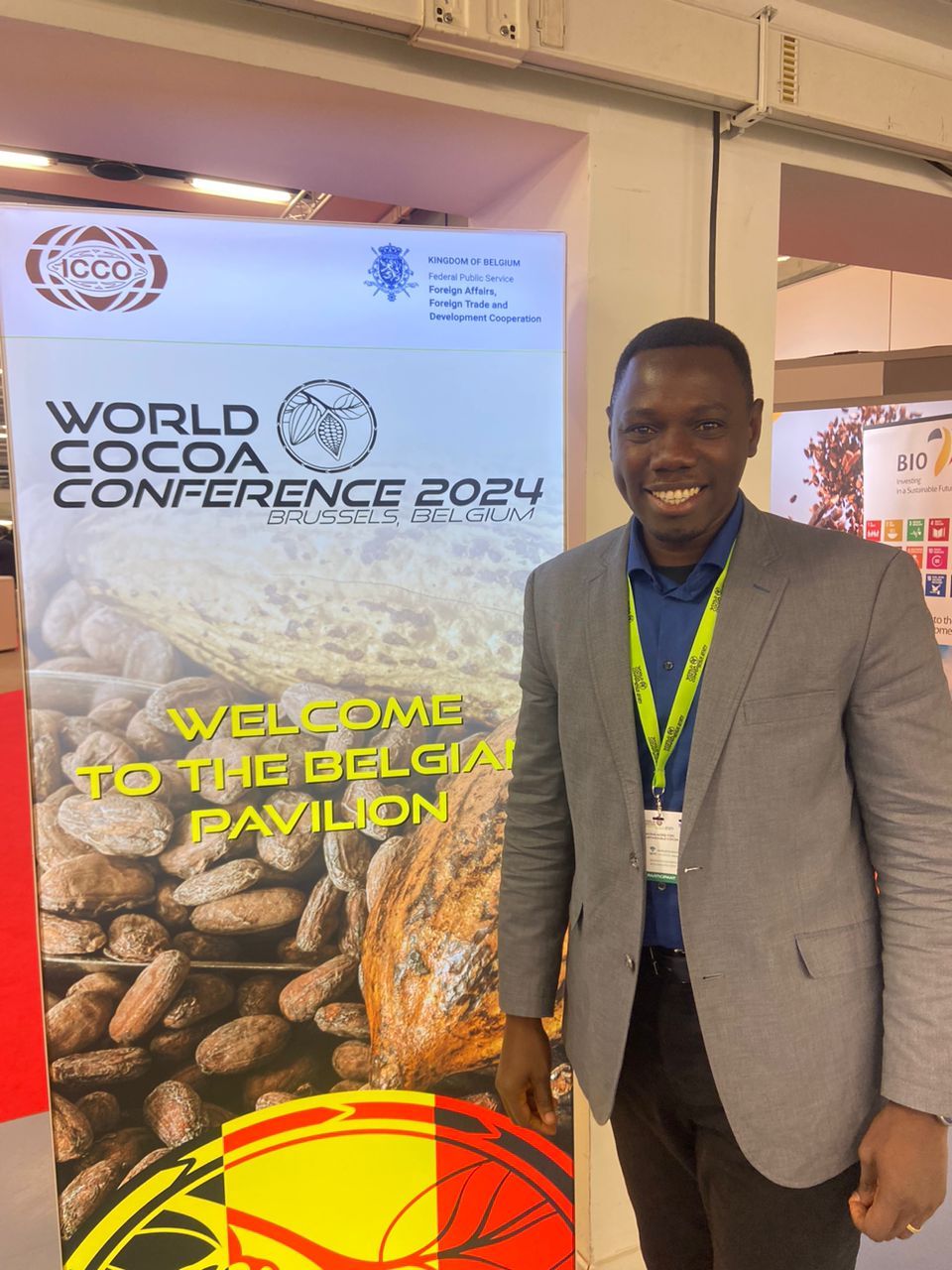Takeaways from the WCC5 🌍🍫
Ralph Armah from the University of Ghana, one of our partners, attended the 2024 World Cocoa Conference in Brussels.
Here are some key takeaways from the Sustainable Development Panel at ICCO:
🌱 Thinking about the true cost of cocoa must lead us to think about the farmer, the fruit, and the forest.
⚖️ Sustainability is a two-pronged endeavor. The value around cocoa must be properly shared. If not, there’ll be big problems. It is important to get close to the living income and also take steps toward “de-commodifying” cocoa.
🤝 The importance of strengthening global #partnerships to foster co-creation, coordination, and cohesion among all stakeholders.
👩🌾 The role of women in the cocoa sector cannot be overlooked. The support from men is encouraged to boost women’s efforts.
His insights:
❓ What do we mean by the true cost, a fair price, and living income? Though these are used interchangeably sometimes, they’re not the same. True cost takes into account all the externalities. It’s not just the cost of production, but opportunity costs and any other invisible costs associated with cocoa production (including the cost of soil fertility).
🍫 Cocoa farmers get about 7% of the value of a #chocolate bar. In view of “paying more for sustainable cocoa”, what percentage should this be? Are the buying stakeholders willing to pay for this sustainable cocoa? What proportion of the cost are they willing to pay and/or transfer to the consumer? How much is the consumer willing to accept of this amount?
💡 Yes, our quest for sustainable cocoa must be hinged on significantly higher cocoa prices (not occasioned by bad weather but rather intentionally motivated) otherwise our wishes will remain a pipe dream.
🍫 We need a more coordinated front to push the agenda for sustainable cocoa with a focus on finding the nexus between value creation and value sharing. A somewhat redefined cocoa-related “Kimberley Process”.



Leave a Reply